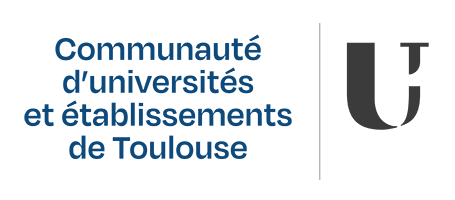How to take advantage of these special arrangements
You will need to submit your request to the doctor appointed by the CDAPH, via the inter-university service for preventive medicine and the promotion of health (Simpps) or the doctor assigned to the institution at which you are studying.
When?
As early as possible, preferably when you sign up for the exam or competitive entrance exam concerned.
What information do I need to provide in my request?
Your request for special arrangements must include:
- Medical information;
- Teaching-related details (personal academic project, description of the special arrangements, etc.).
You may, at the same time, send a copy of your request to the exam board concerned, for information, without including the medical details.
Once your request has been considered, the CDAPH doctor makes a decision. It is then up to the university chancellor or school director to decide which arrangements will be granted.
Possible special arrangements for exams
Depending on your needs assessment, several types of arrangements may be set up:
Special exam conditions
- The time allowed may be increased by one third or more depending on your circumstances;
- The type of exam may be adapted, or an alternative exam offered, if the exam regulations allow it. As the case may be, you might be partially or fully exempted from sitting the exam;
- You may take the exam at a later date, during the back-up session;
- You can keep the marks obtained, for each exam, or each unit, for a 5-year period.
Material conditions
- The exam hall must be accessible, the washrooms suitable for PRM, and the medical centre within a reasonable distance;
- If you have trouble expressing yourself orally, you may communicate in writing or use a laptop;
- Subjects may also be presented in a different way to make them easier for you to read. For candidates with a visual impairment, for example, subjects may be transcribed in Braille or large characters, for both orals and written exams.
Technical assistance
- You may be authorised to use specific equipment, such as a laptop containing certain software, a Braille device, etc. As the case may be, you will use your own device; if not, the exam board will be obliged to provide you with the equipment required;
- If you have trouble expressing yourself orally, you may communicate in writing or use a laptop;
- Subjects may also be presented in a different way to make them easier for you to read. For candidates with a visual impairment, for example, subjects may be transcribed in Braille or large characters, for both orals and written exams.
Human assistance
If you are unable to write by hand or using your own device: you may request a secretary to whom you will dictate your answers.
If you are deaf or have a hearing impairment: you may be entitled to a French sign language interpreter or cued speech coder or a specialist teacher with skills in these communication modes.
© Source : Guide Handi + Onisep


